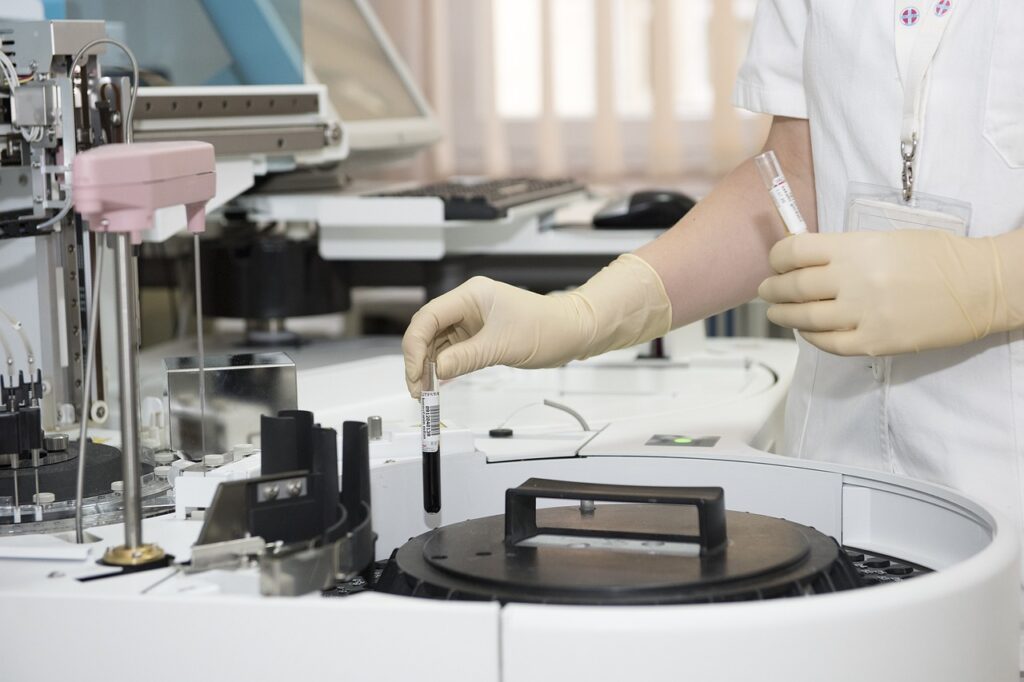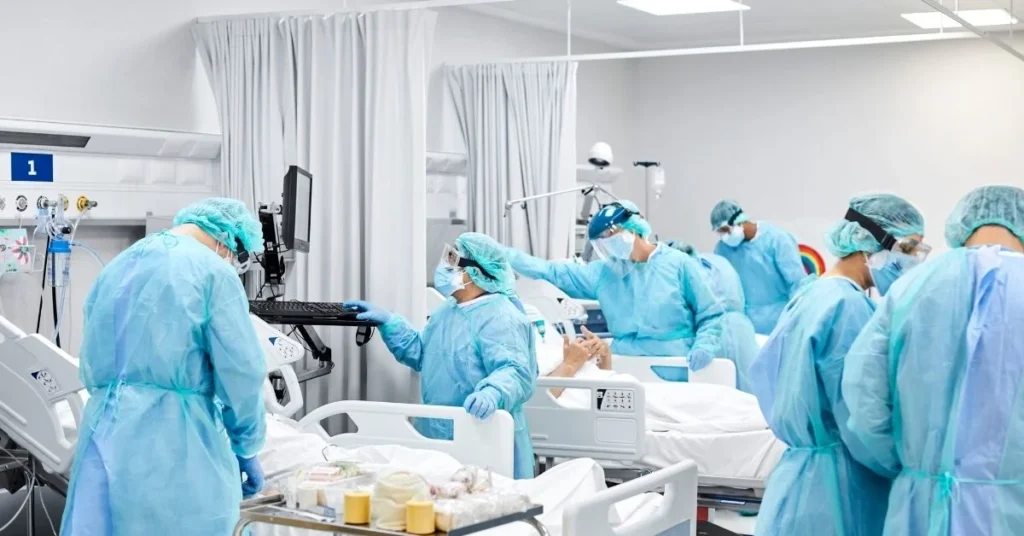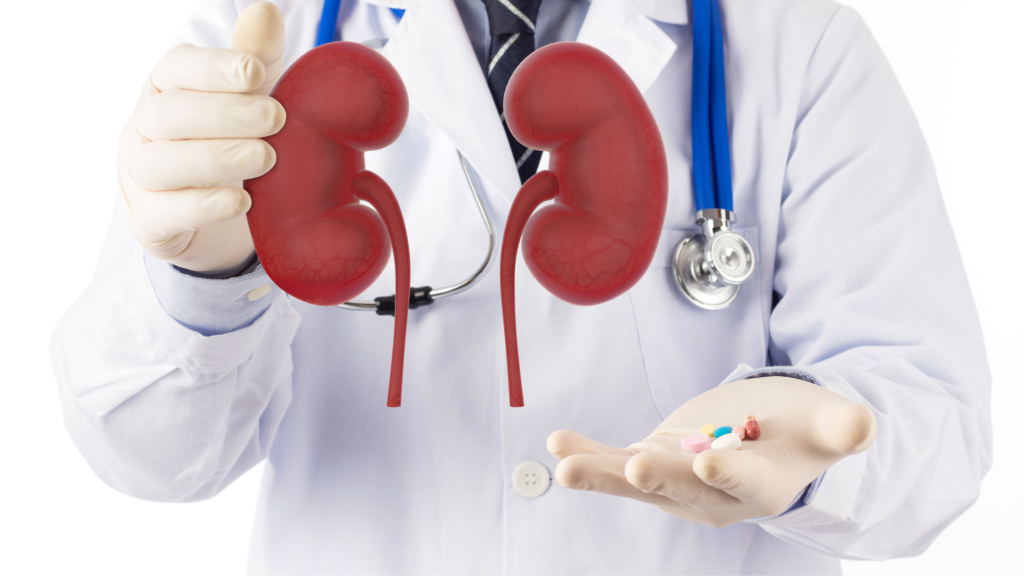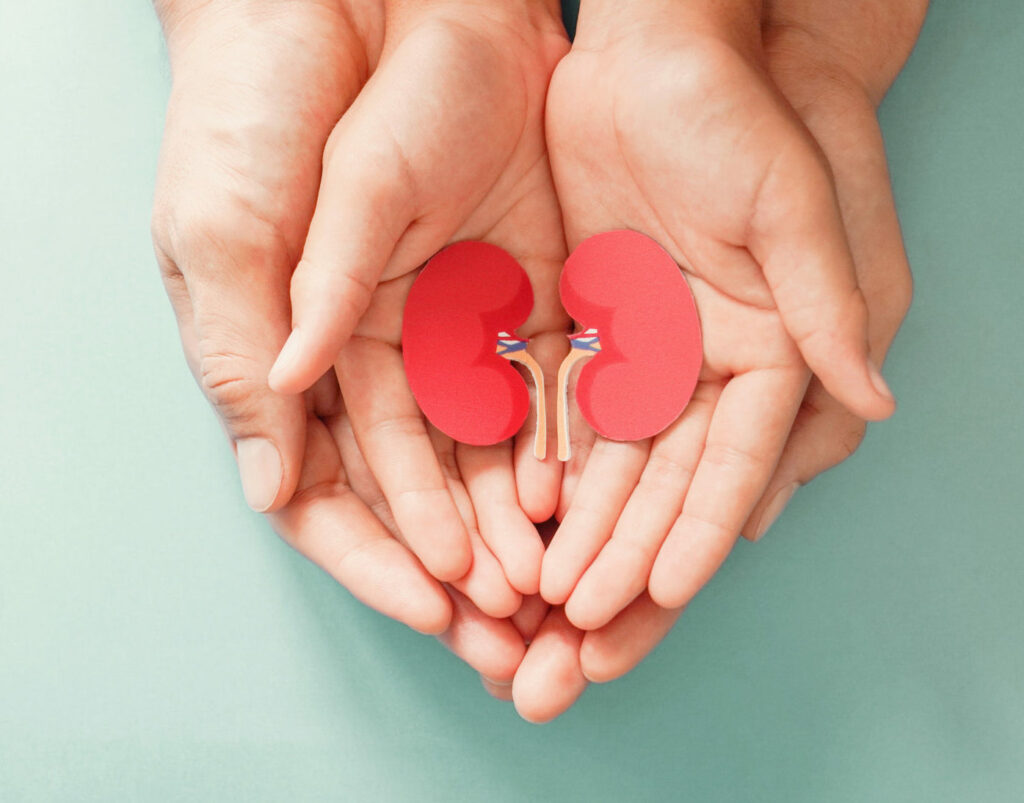Are We Still Allowing a Graceful End?
Reflections for the Modern Clinician In today’s medical world, we’ve become increasingly skilled at extending life.But in doing so, have we lost the ability to honor its natural end? Across specialties — from oncology to nephrology, critical care to cardiology — we witness the same dilemma:The tools to prolong life have improved, but our conversations about how and when to stop have not. ⚖️ The Cost of “One More Intervention” Every clinician has faced it: The elderly patient with multiple comorbidities who keeps bouncing back to the ICU. The frail individual on maximal therapy, with no hope of recovery, but still undergoing procedures. The family that asks, “Do everything,” even when the patient is visibly suffering. Sometimes, these efforts don’t extend life in a meaningful way —👉 they only extend dying. 💡 From Doing More to Doing Right Good medicine is not always about doing more.It’s about asking better questions: “What matters most to this patient now?” “Will this intervention bring comfort or just prolong decline?” “Have we offered the choice to step back, not just push forward?” It’s not giving up —👉 it’s giving space for dignity. 🌿 Graceful Dying Is Not a Failure Choosing comfort-focused care, honoring a patient’s wish to decline aggressive treatment, or simply sitting with a family in grief — these are acts of healing too. We must normalize conversations around: Palliative care not as “last resort,” but as core care Withdrawing or withholding interventions when burdens outweigh benefits Supporting patients to live — and die — on their own terms 📢 A Call to All Clinicians In an age of advancing medical frontiers, the most humane act may sometimes be to step back and ask: “Are we saving a life — or are we simply postponing a death that deserves more peace?” “To cure sometimes, to relieve often, to comfort always.” — Hippocrates






